Tailoring skin checks based on personal risk, the impact of adjuvant and neo-adjuvant therapies, and the latest in personalised immunotherapy for advanced melanoma patients are amongst a plethora of research advances presented by Melanoma Institute Australia at the world’s largest melanoma conference.
The Society for Melanoma Research (SMR) international congress was held in Edinburgh Scotland, with MIA’s contingent of presenters led by Co-Medical Directors Professor Georgina Long AO and Professor Richard Scolyer AO.
‘SMR is the world’s largest and most impactful melanoma research conference, and we are proud that Melanoma Institute Australia is playing such an important role in progressing global research to save lives from the disease,’ Professor Richard Scolyer said.
‘Collaboration is key to managing the complexities around melanoma detection, diagnosis and treatment, from early stage through to advanced disease, and by sharing the body of research underway at MIA we are helping change clinical practice globally,’ Professor Long added.
Professor Georgina Long led SMR discussions around developments in adjuvant and neoadjuvant therapies, and detailing primary findings from a clinical trial of nivolumab being given to high risk Stage II melanoma patients post-surgery to stop disease spread.
‘As many as 50% of high risk Stage II melanoma patients experience disease recurrence within five years of having their tumours surgically removed,’ Professor Long said. ‘Giving these patients nivolumab post-surgery significantly reduces risk of recurrence, pointing to this potentially being an important treatment option for this subset of patients.’
Also presenting at SMR was MIA’s Dr James Wilmott , regarding developments with the ground-breaking Personalised Immunotherapy Program (PIP). The program utilises a tool to predict a melanoma patient’s response to anti-PD1-based immune checkpoint inhibitors. Personalising immunotherapy is critical to increasing patient response and saving lives.
MIA researchers also led panel discussions and delivered numerous poster and oral presentations about new and emerging therapies, including for patients with brain metastases.
For the first time, MIA also had a representative attending the Global Coalition for Melanoma Patient Advocacy, which occurred adjacent to SMR. Dianne Mason, MIA’s Manager Tasmania, is one of only two Australian delegates sponsored to attend the Coalition.
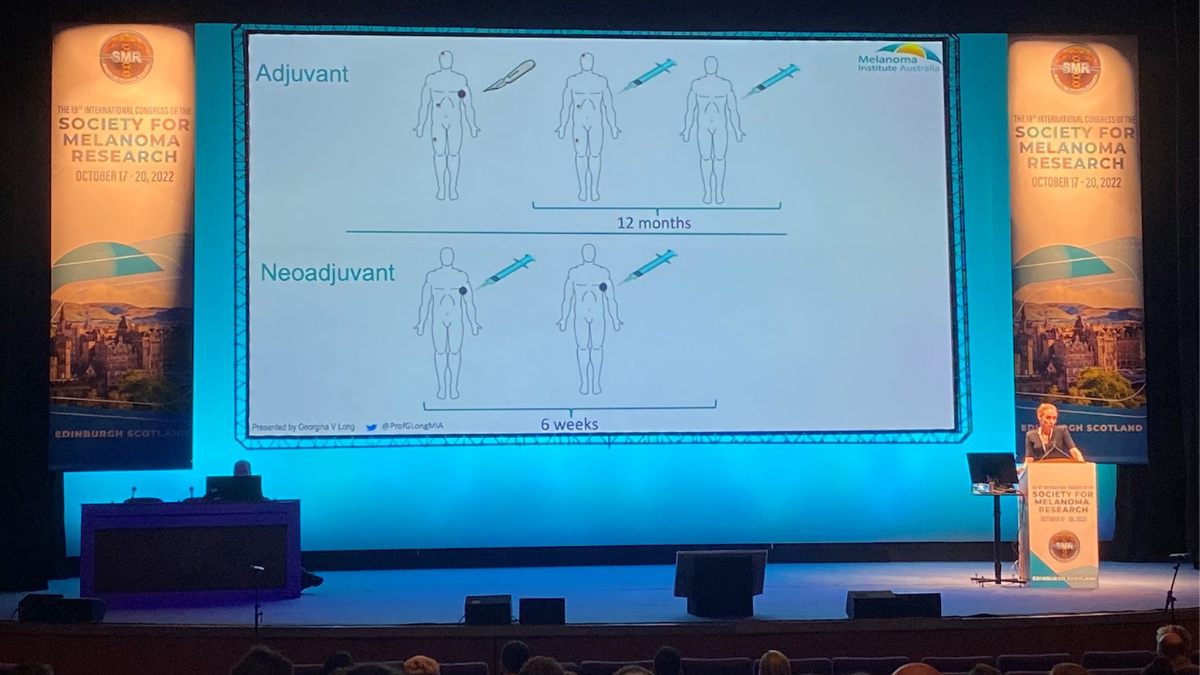
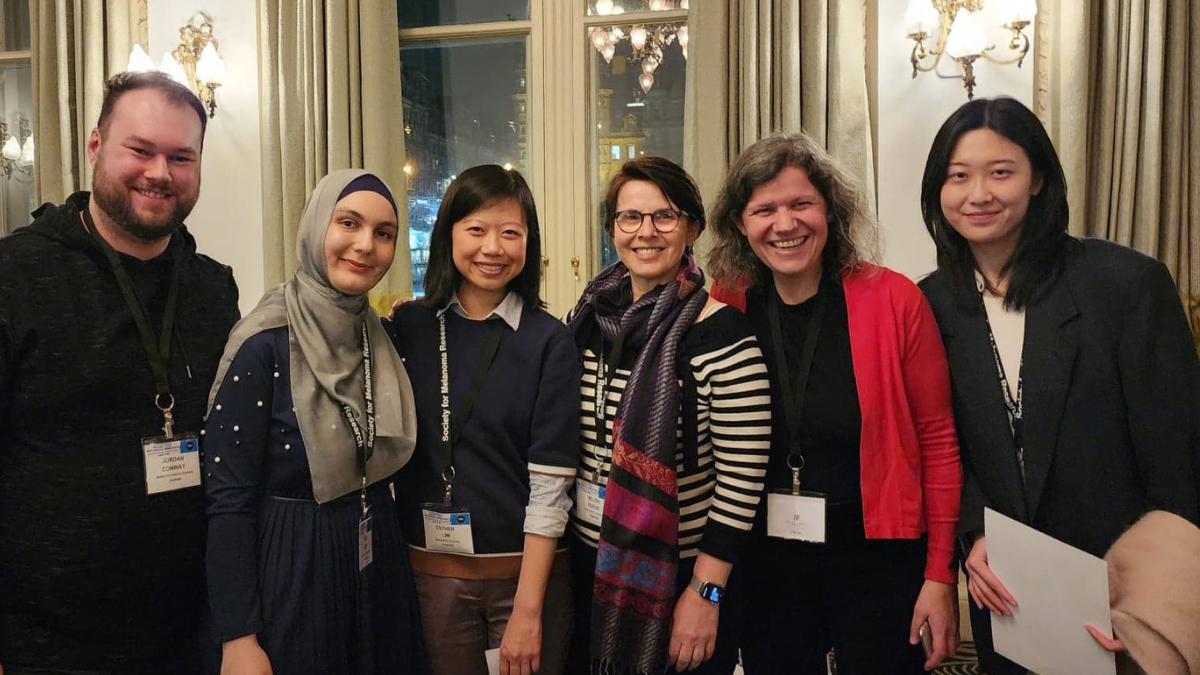
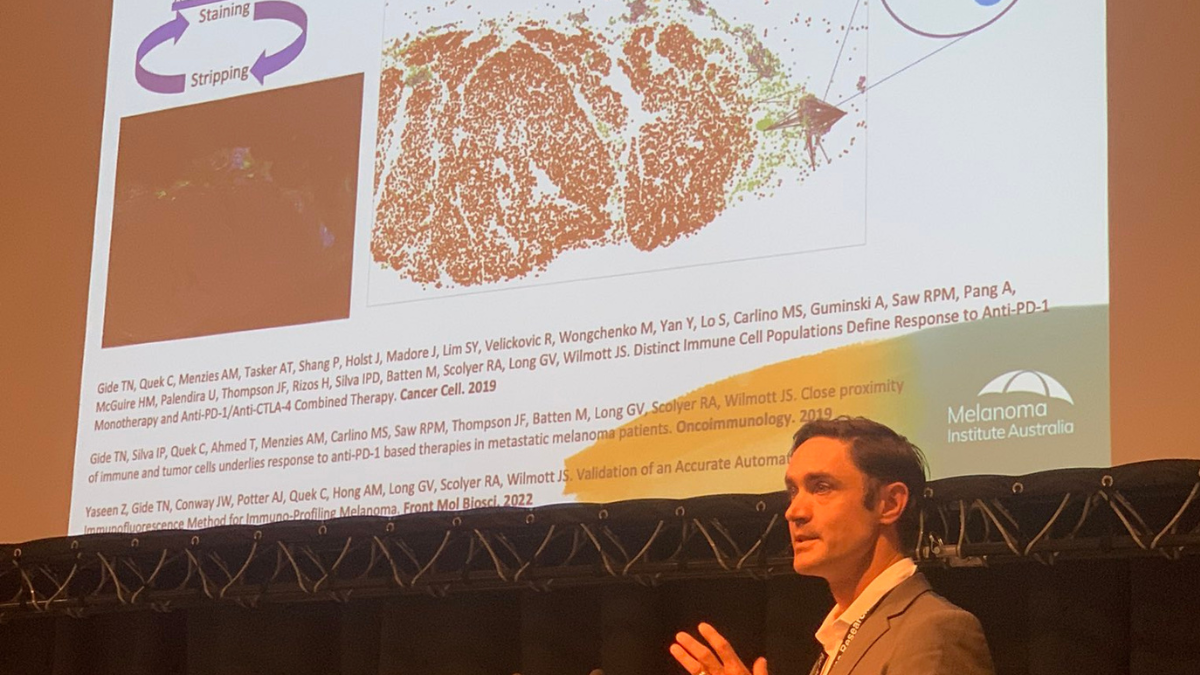

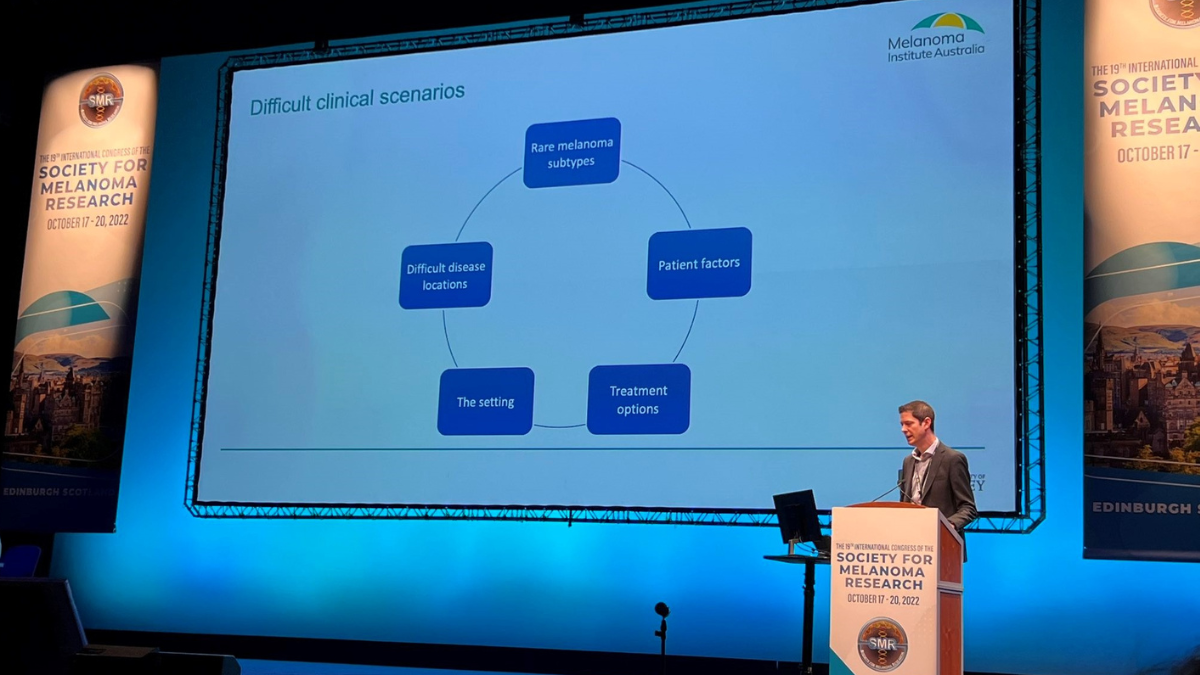
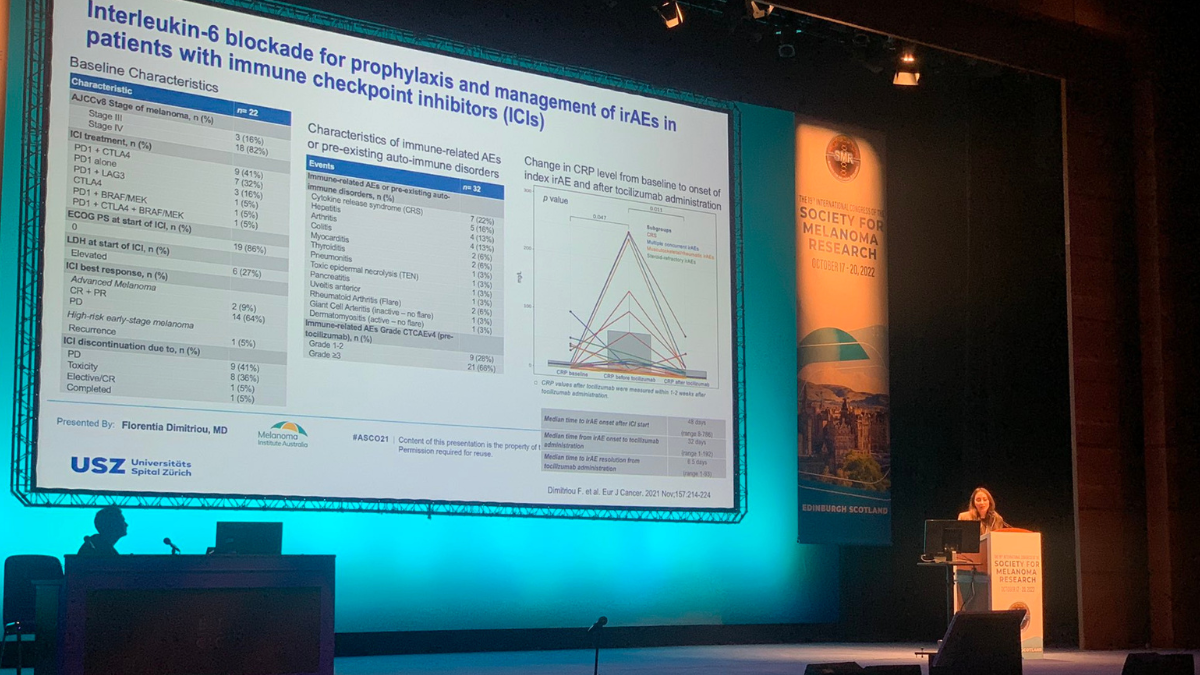
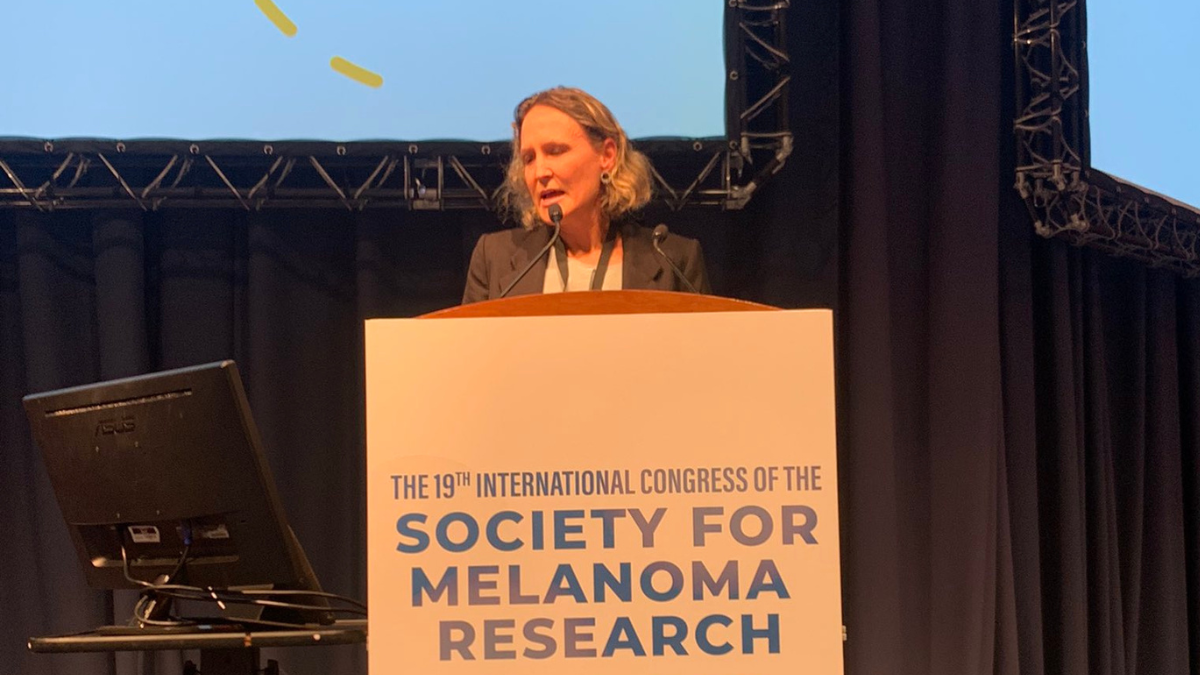
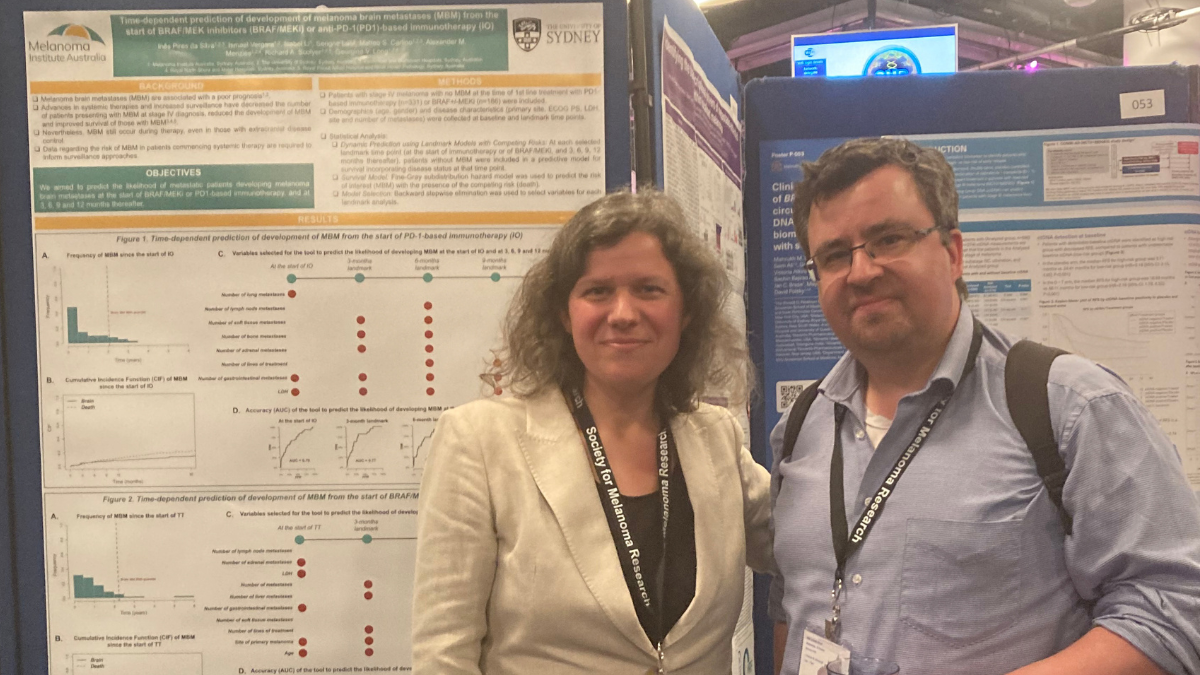
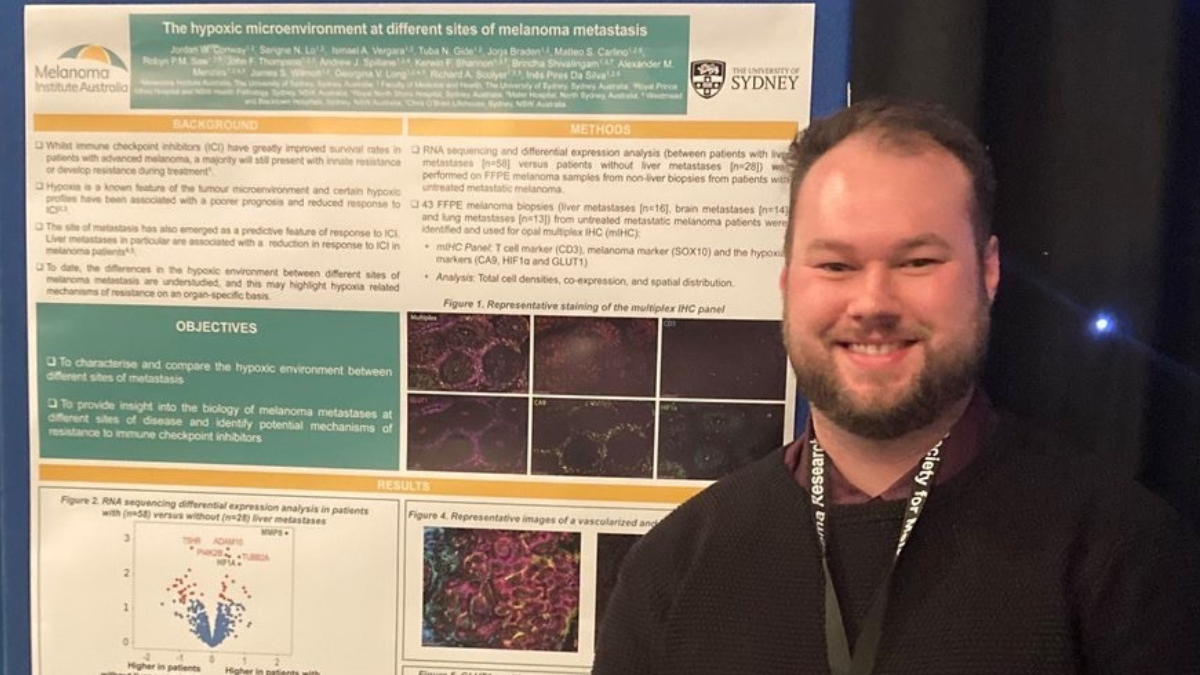
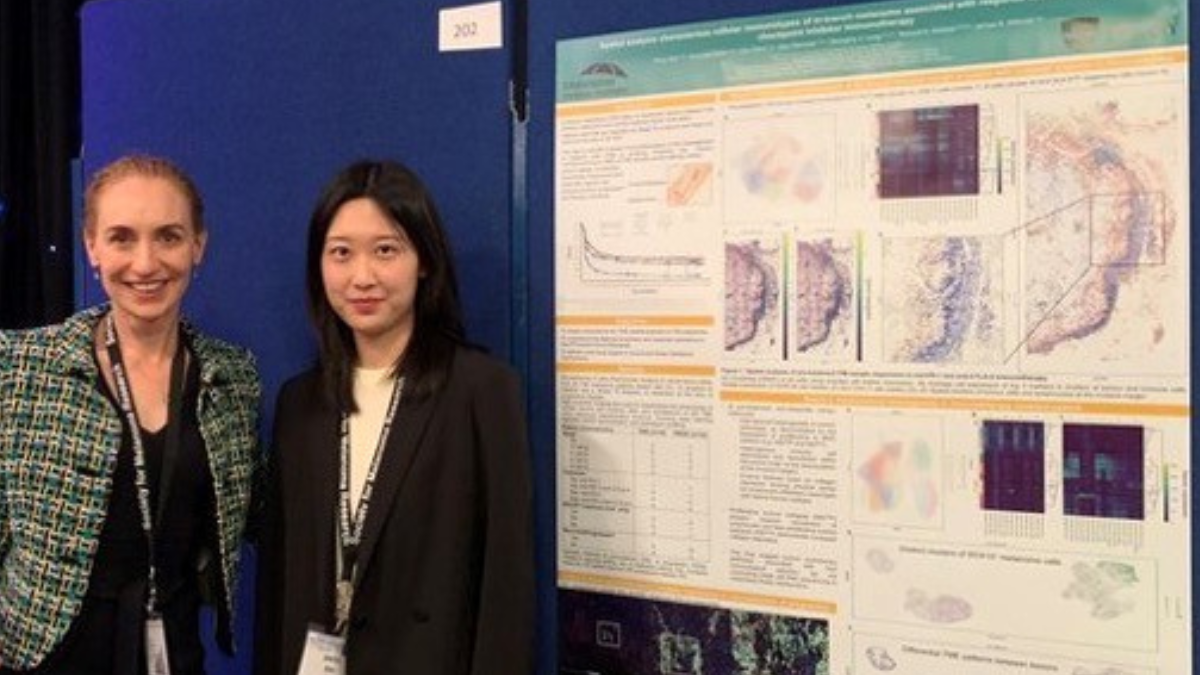
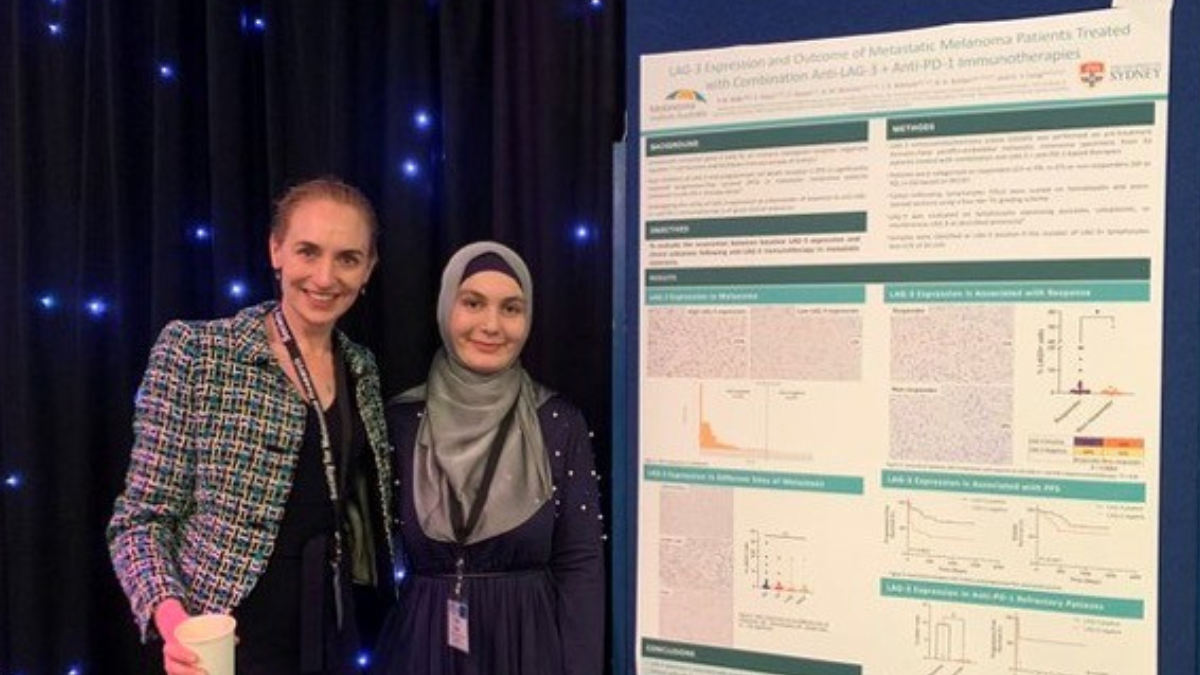
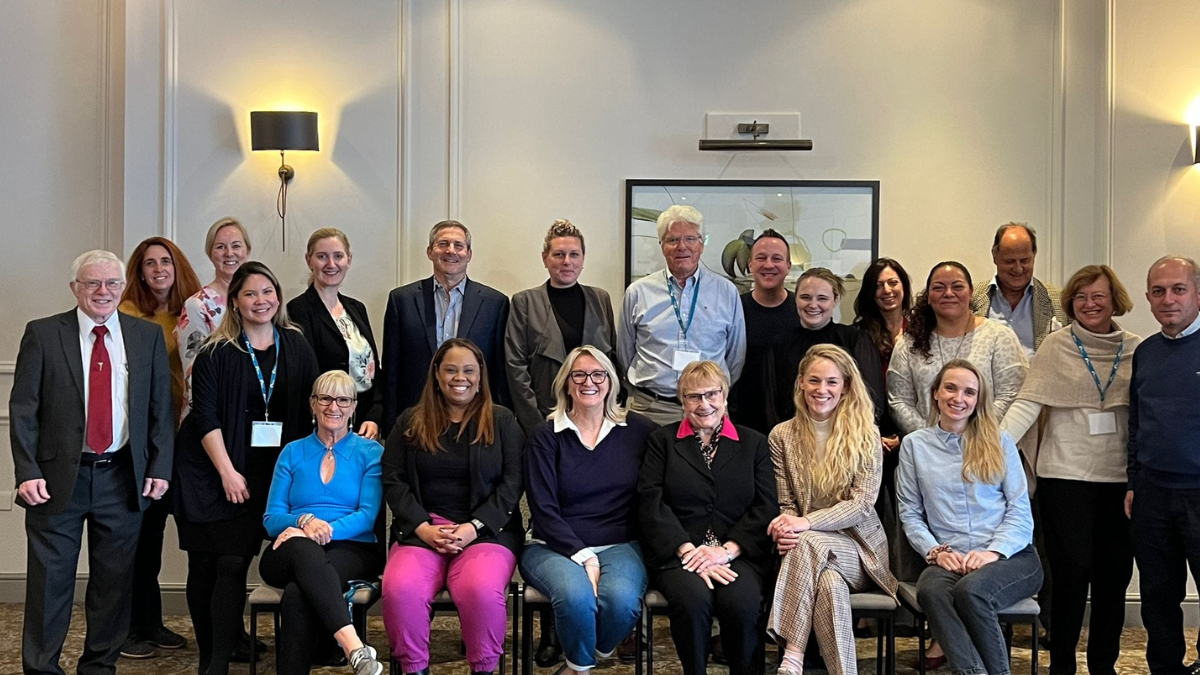
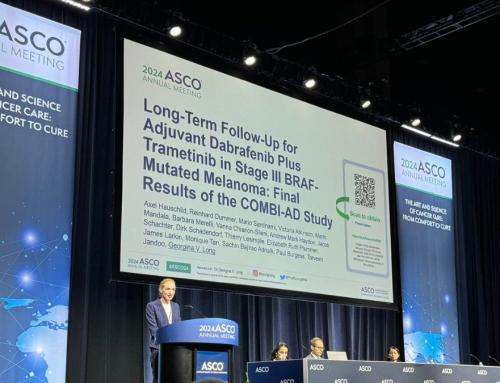
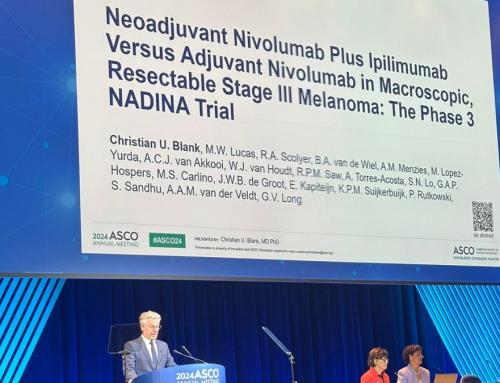
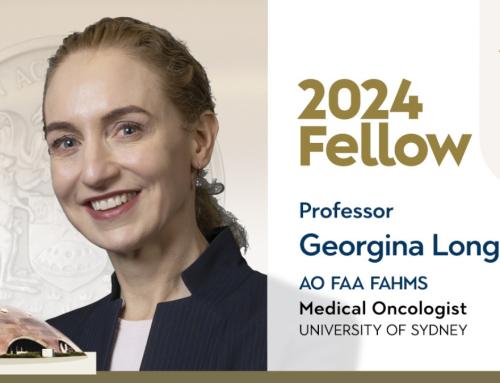
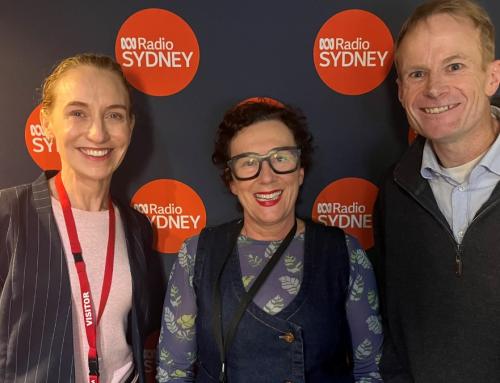
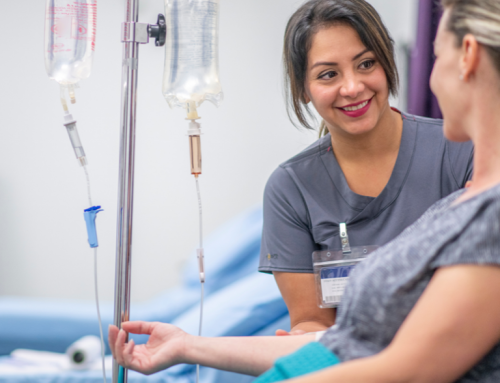
Leave A Comment